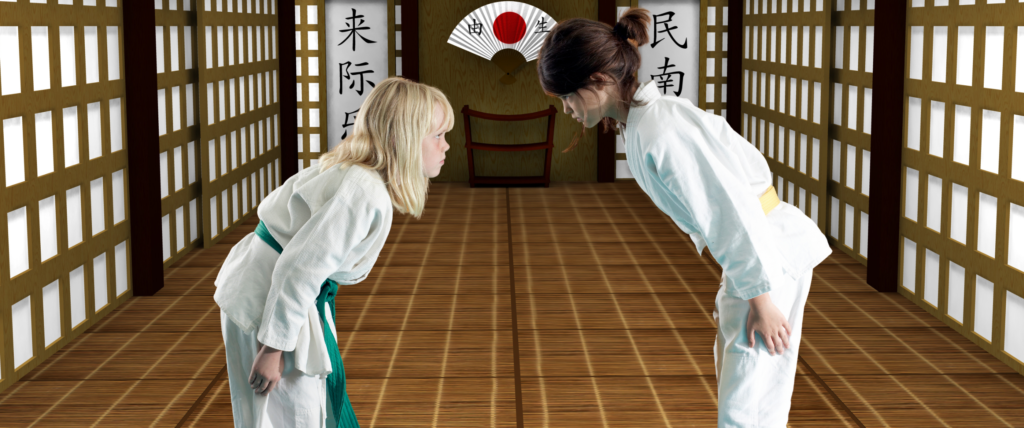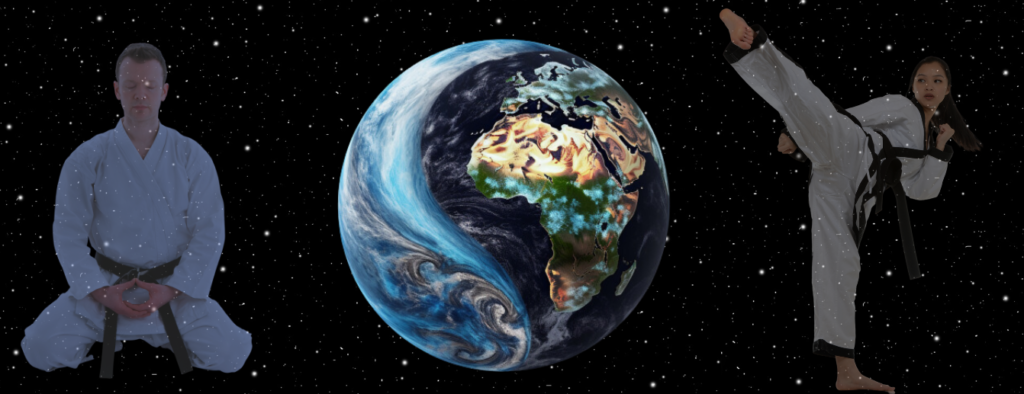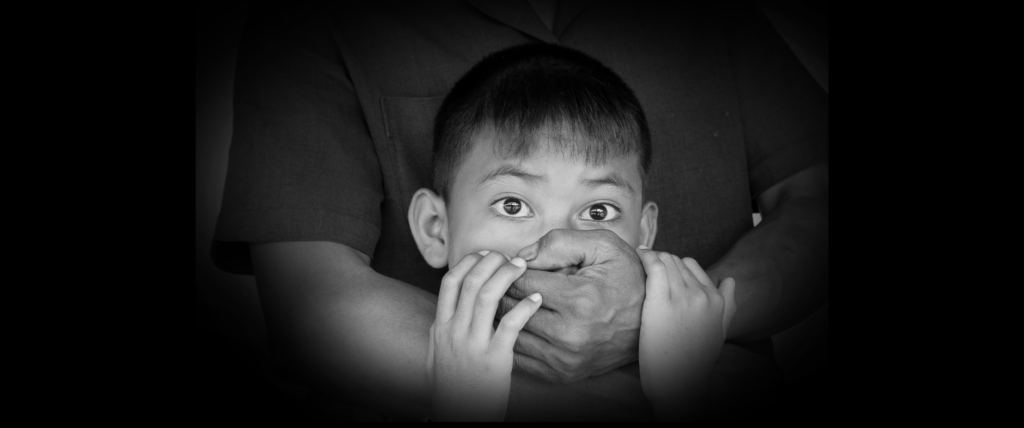Martial Arts Etiquette: An Ancient Code for Modern Society and Personal Development

By Master Dan Segarra
In today’s fast-paced, often tumultuous society, the ancient codes of martial arts etiquette provide valuable guideposts for personal development and respectful social interaction. Steeped in centuries of wisdom, martial arts etiquette isn’t just about rules to be followed in the dojo/dojang—it represents a way of life that can positively shape individuals and societies alike.
Respect and Courtesy
One of the core tenets of martial arts etiquette is respect and courtesy. Martial artists bow to their instructors and each other, not just as a formality, but as an embodiment of mutual respect. This notion of showing consideration for others is incredibly relevant in our diverse society. By adopting this element of martial arts etiquette, we foster a culture of understanding and acceptance, reducing conflicts and promoting harmony.
Discipline and Self-Control
Martial arts etiquette instills discipline and self-control, guiding practitioners to master their emotions and impulses. This ability to control one’s behavior and emotions is crucial in the face of life’s challenges. It aids in decision-making, stress management, and self-improvement, fostering a balanced and fulfilled life.
Humility
A true martial artist understands that there’s always more to learn, regardless of their skill level. This humility keeps practitioners grounded and open-minded, a trait that is beneficial both in personal development and in navigating today’s diverse and evolving society. It encourages continuous learning, adaptation, and growth.
Patience and Perseverance
Martial arts etiquette embodies patience and perseverance. The journey from white belt to black belt is a testament to enduring commitment, teaching practitioners to set long-term goals and work consistently towards them. In our instant-gratification society, this tenet is a reminder of the value of patience and sustained effort in achieving worthwhile goals.
Honesty and Integrity
Honesty and integrity lie at the heart of martial arts etiquette. Practitioners are encouraged to be truthful to themselves and others and to act with honor even when no one is watching. These traits are foundational to personal character and social trust, helping to build credible, accountable communities.
Helpfulness
Martial arts etiquette promotes a sense of duty towards one’s community. Practitioners are encouraged to help each other, fostering a sense of camaraderie and shared growth. This willingness to assist others has broad implications for creating supportive, inclusive communities.
In conclusion, martial arts etiquette offers timeless principles that can guide personal development and foster a respectful, understanding society. The dojo may be the training ground for these principles, but their true value emerges when they are applied in the larger arena of life. By embodying the principles of martial arts etiquette, we can better navigate the challenges of our modern world, improve our relationships, and facilitate our personal growth.






